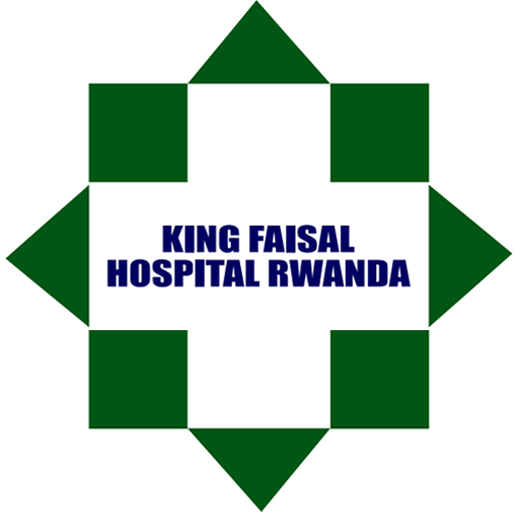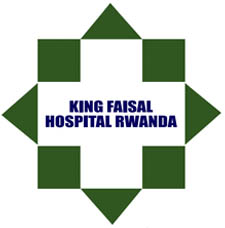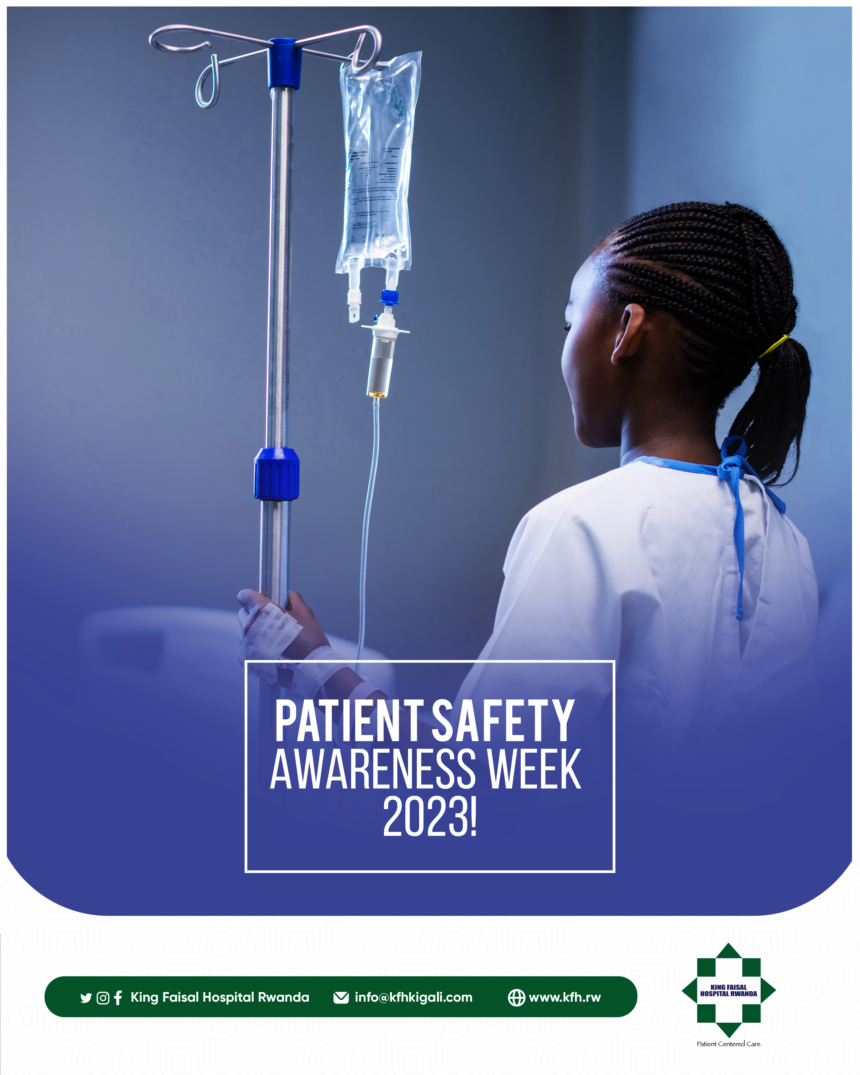Patient Safety Awareness Week is an important time to highlight infection prevention and control’s crucial role in hospitals. Infections can cause serious harm to patients, and everyone needs to understand the steps they can take to prevent infections from spreading. This brochure is designed to provide information on infection prevention and control measures at King Faisal Hospital Rwanda and how patients can help protect themselves and others.
What are infections?
Bacteria, viruses, fungi, and other microorganisms can cause infections. They can occur in any part of the body, ranging from minor skin infections to life-threatening conditions. Infections can be spread from person to person, through contact with contaminated surfaces or objects, or through the air.
Why is infection prevention important?
Preventing infections is important for several reasons. First, infections can cause serious harm to patients, particularly those with weakened immune systems. Infections can also lead to longer hospital stays, higher healthcare costs, and increased risk of complications. By preventing infections, you can help us improve patient outcomes and reduce the risk of harm.
What are infection prevention measures used at King Faisal Hospital Rwanda?
King Faisal Hospital Rwanda uses a variety of measures to prevent infections, including:
- Hand hygiene: This is the most important way to prevent the spread of infections. Healthcare providers should wash their hands or use hand sanitizer before and after caring for patients, and patients should also practice good hand hygiene. We have placed water taps and hand sanitizers at every entrance to ensure hand hygiene. Ensure you wash your hands frequently, especially when you leave the hospital, to avoid carrying bacteria.
- Personal protective equipment (PPE): Our healthcare providers use gloves, gowns, masks, and other PPE to prevent the spread of infections.
- Environmental cleaning: We have strict cleaning protocols to ensure that surfaces and equipment are clean and free from harmful microorganisms. Our cleaning services operate on a 24/7 basis to ensure cleanliness within the hospital at all times.
- Sterilization and disinfection: We use special processes to sterilize equipment and disinfect surfaces to prevent the spread of infections.
- Screening and isolation: Patients with certain infections may need to be screened and isolated to prevent the spread of the infection to others. For example, there is a designated area for patients who test positive for COVID-19 to avoid spreading the virus to other patients and hospital staff.
What can patients do to prevent infections?
Patients can play an important role in preventing infections by taking the following steps:
- Practice good hand hygiene: Wash your hands regularly with soap and water, or use hand sanitizer if soap and water are not available.
- Follow hospital policies: We have policies to prevent the spread of infections. Follow these policies and ask your healthcare provider if you have any questions.
- Speak up: If you notice that your healthcare provider is not practicing good hand hygiene or following hospital policies, speak up and ask them to do so.
- Stay up-to-date with vaccinations: Vaccinations can help prevent certain infections, such as the flu and pneumonia. Our front-line desk can assist you in knowing what type of vaccinations we provide and what days to come in for vaccination.
- Avoid contact with others if you are sick: If you have symptoms of an infection, such as a fever, cough, or sore throat, avoid contact with others until a healthcare provider has evaluated you.
In conclusion, infection prevention and control are important to patient safety at King Faisal Hospital Rwanda. By understanding the measures, we use to prevent infections and taking steps to prevent the spread of infections; patients can help protect themselves and others.
Remember to practice good hand hygiene, follow hospital policies, speak up if you have concerns, stay up-to-date with vaccinations, and avoid contact with others if you are sick. Working together, we can help ensure patients receive safe and effective care.



Leave a Reply